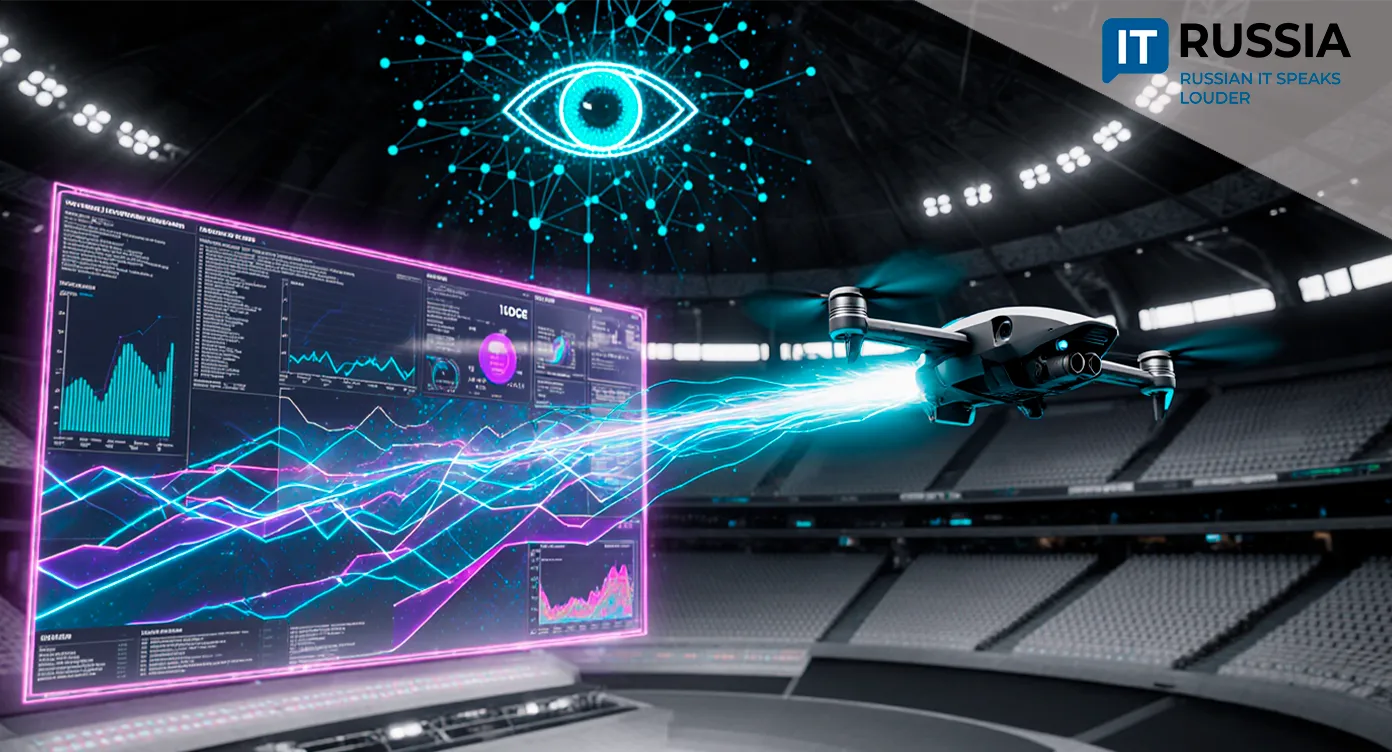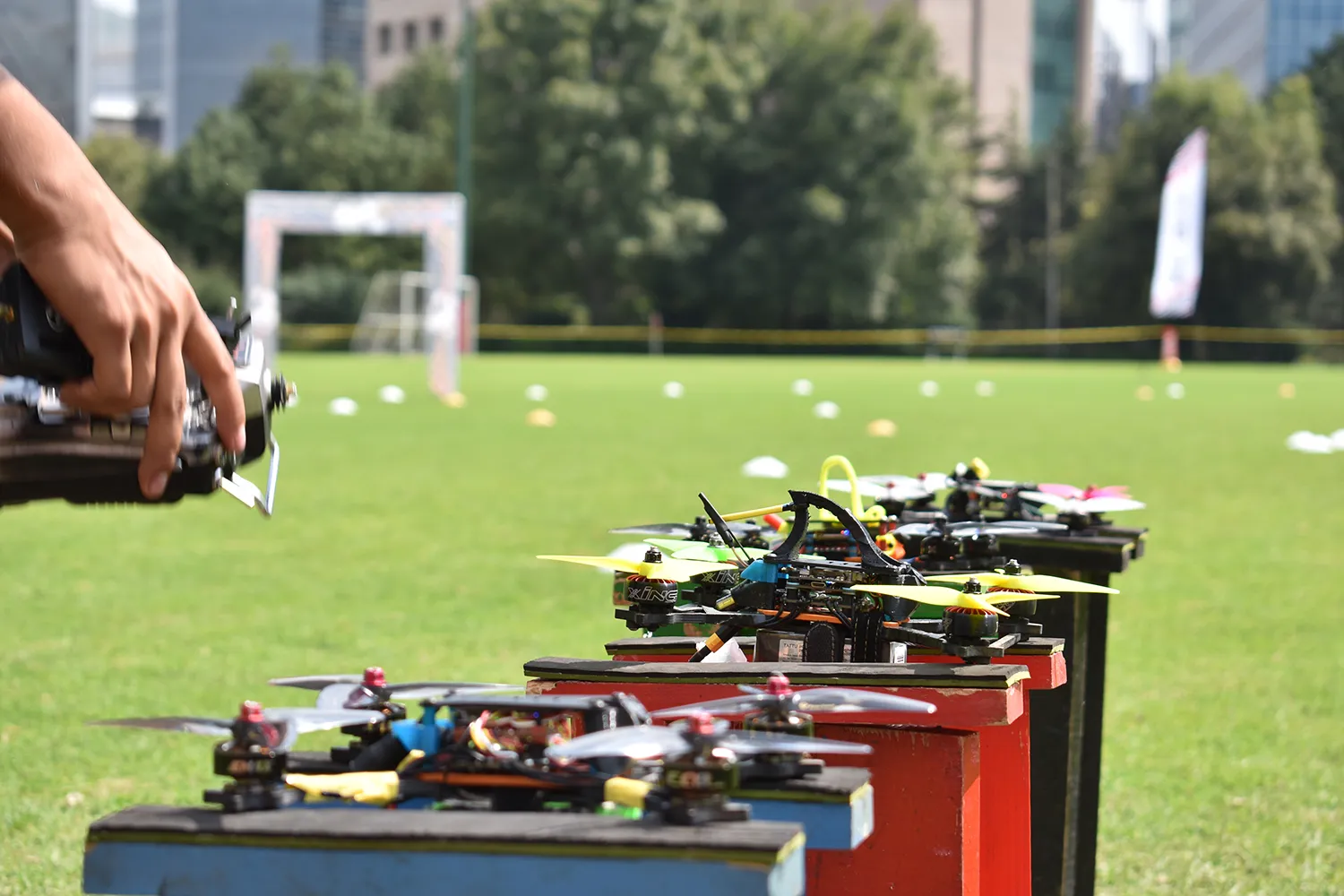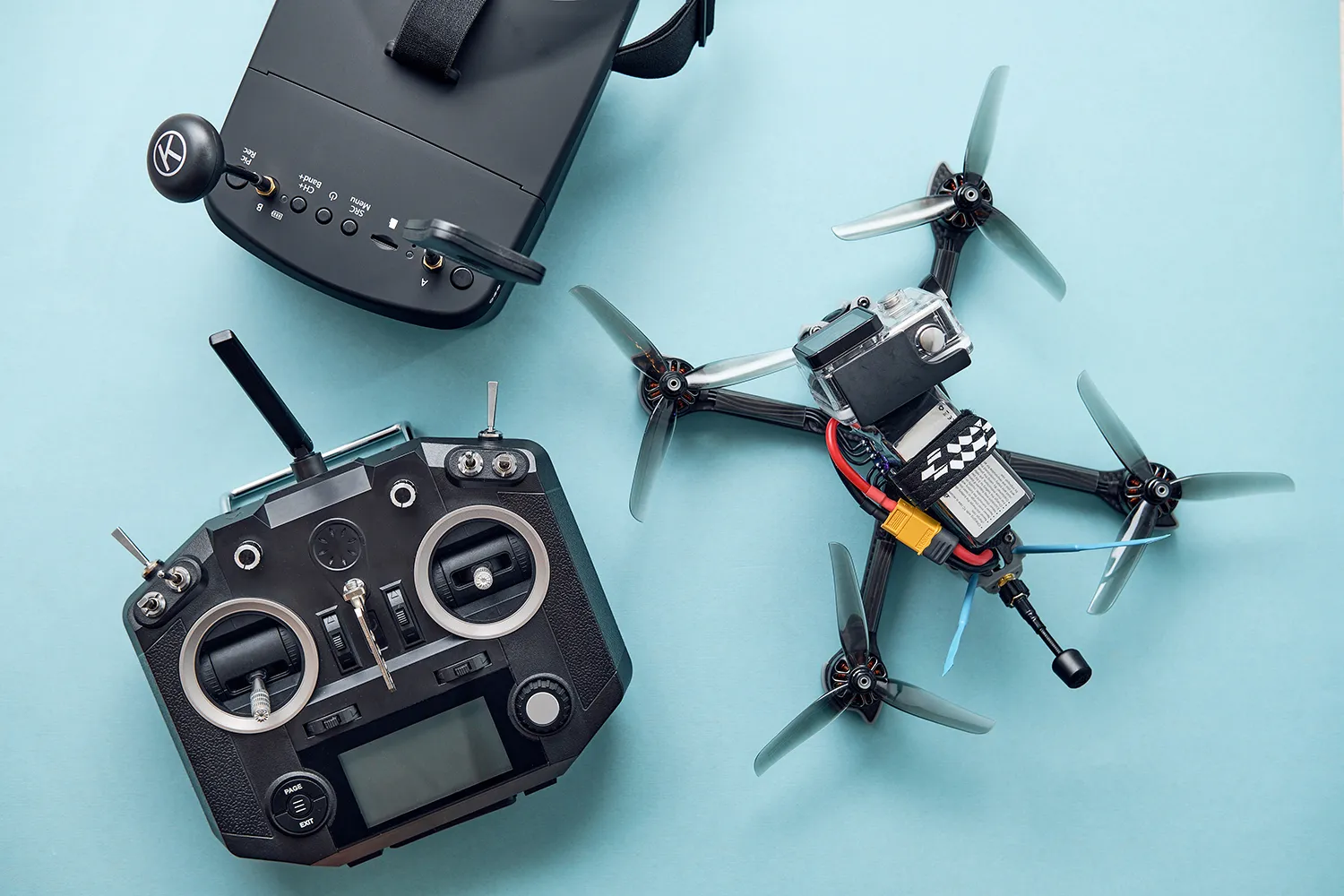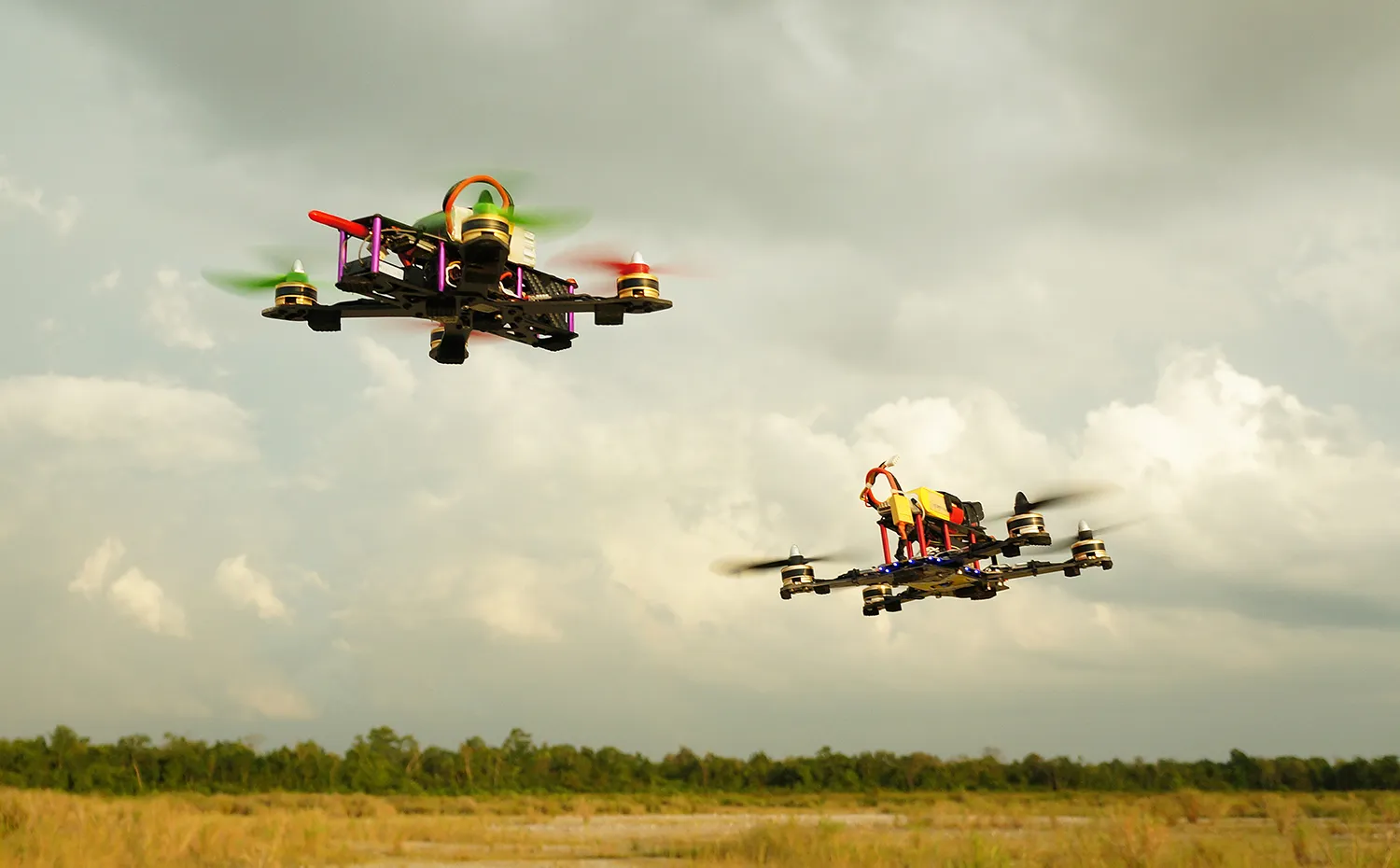AI vs. Referees: Can Machines Deliver 100% Accuracy?
Russian researchers have developed an AI-powered platform designed to replace human judges in drone racing. The system will be tested in competitions at the end of 2025, and experts believe it could outperform human referees in accuracy.

Tracing Flight Paths and Detecting Errors
Engineers at RTU MIREA have built an AI-based system to provide objective judging in drone racing. According to its creators, artificial intelligence can evaluate each competitor’s performance with greater precision.
The platform records video from the drone’s camera and telemetry data from onboard sensors. Mathematical algorithms then reconstruct the flight path in digital space, breaking it into segments and comparing each maneuver with reference patterns. Currently, the system recognizes more than 12 standard maneuvers and variations, automatically flagging errors.
Beyond Refereeing
The platform received positive feedback from professionals at the International Forum on Unmanned Systems, as its potential extends beyond judging.

With its analytical capabilities, the AI also supports training. It can compare flights across pilots and track performance over time. This enables coaches to pinpoint weak maneuvers and measure progress toward perfection.
The first live trial will take place at drone racing events in late 2025, hosted by RTU MIREA’s Laboratory of Esports Robotics. By 2026, the platform will be used as a decision-support system for referees and coaches in Moscow. Developers plan to launch a cloud-based service by the end of 2026, making the tool available nationwide.

No Errors, No Bias
AI is already making inroads into sports officiating, though mostly as a supplement. In soccer, video assistant referee (VAR) technology has supported officials since 2018, boosting decision accuracy to between 94% and 99%, according to Jobs In Football. Goal-line technology ensures nearly flawless accuracy in determining goals.
In tennis, the Hawk-Eye system has replaced line judges, tracking the ball with millimeter precision. Automation brings objectivity—something fans often doubt about human referees. Experts predict that within 20 to 30 years, AI could fully replace referees across multiple sports.
Tech Sovereignty and Sports Digitalization
Drone racing is one of the fastest-growing sports, and Russia is pushing to lead in this field. The development of unmanned aerial vehicles and advanced control systems has strong government backing.

In November 2024, Russia’s Droneshub Group released the first cloud software for drone racing and simulation, a step toward technological sovereignty. The new RTU MIREA platform strengthens independence in AI-powered sports technologies.
The project is supported by the Priority 2030 academic leadership program. Future plans include integrating augmented reality, advanced performance analytics, and automated athlete training.
Developers and industry experts believe the judging platform has the potential to become a global standard, applicable in international competitions. Its scope could extend to robotics, model car racing, and VR simulations. With such innovations, Russia is positioning itself as a leader in AI applications for professional sports.










































